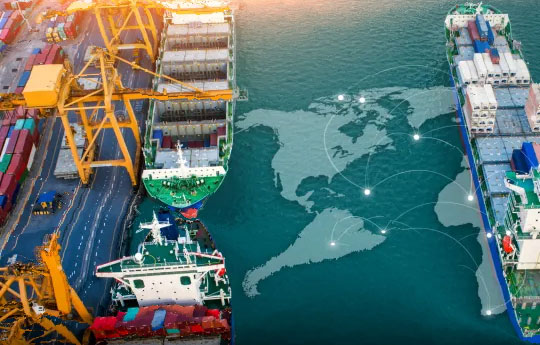A rules-based global trading system, with the World Trade Organization’s (WTO) most-favoured nation (MFN) principle at its core, provides the stability and predictability that businesses require for strategic planning, investment decisions, and day-to-day operations.
In today’s interconnected global economy, understanding the rules that govern international trade is essential for businesses of every size, everywhere.
The most-favoured nation principle is a cornerstone of the WTO that ensures countries do not discriminate between their trading partners. According to the WTO, over 80% of global merchandise trade are conducted on most-favoured nation terms.
But while the principle is one of the most fundamental WTO concepts, it is also frequently misunderstood.
This paper explains:
- What the most-favoured nation principle is in practical terms and common misconceptions
- How the principle relates to reciprocal and retaliatory tariffs
- How it impacts businesses and consumers
- Its importance for business operations, whether or not the business exports goods
- Its role in promoting equality and fairness in international trade











